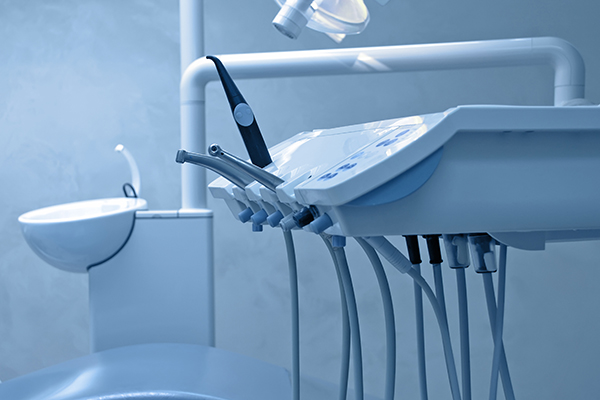Is Wisdom Teeth Removal Considered Oral Surgery?

Wisdom teeth removal is considered a type of oral surgery. However, unlike with more invasive surgeries, most patients are able to return home the same day and resume normal activities within the week. Understanding the procedure and aftercare helps patients know what to expect for an extraction.
Wisdom teeth removal
Wisdom teeth are the third set of molars and the last teeth to appear. While the rest of the permanent teeth have grown in by about 13 years old, these arrive around ages 17-25. They are often already crowded by the time they arrive.
For some, wisdom teeth grow in without issue. However, for others, these teeth grow abnormally, causing pain, infection, crowding or cavities. They can be trapped in the jaw or grow at angles as severe as 90 degrees. Teeth that do not erupt through the gums, called “impacted” teeth, require more invasive procedures than ones that have grown in normally. Since problems can develop later in life even with normally erupting wisdom teeth, though, some dentists suggest removing any wisdom teeth preemptively.
If the wisdom teeth have fully erupted, they can be pulled out with minimal impact on the gums. If a tooth is impacted, oral surgery can involve making an incision in the gum or jaw deep enough to reach the offending tooth. The tooth is often cut into smaller pieces to minimize the size of incision needed. If standard stitches are used, the patient will have to return for their removal. Dissolving stitches have become standard in many dentist offices.
Recovery
The dental professional will give instructions to follow after the surgery to help ensure a smooth recovery. The patient generally will have swelling of the face and perhaps some bruising, but there should be minimal pain. The swelling should subside after about three days. In the meantime, an ice pack can be used to reduce the severity — applying cold for approximately 20 minutes each hour is a good rule of thumb. To stop any bleeding, the patient should place gauze in the back of the mouth and bite down until the flow subsides.
During the first day or two after surgery, only soft foods are allowed. Applesauce, soups, mashed potatoes and yogurt are all good options. Straws should be avoided as the sucking action can reopen the incision. Over the next several days, the patient can slowly add in additional soft foods like rice, pasta and pancakes as these become comfortable. It is important to rinse the mouth after eating to prevent food particles from lodging in the wound. Smoking should be avoided for as long as possible but certainly for the first three days.
Conclusion
While wisdom teeth extraction is a type of oral surgery, it is minimally invasive and is usually followed by quick recovery. Impacted teeth require a more complex procedure and slightly longer recovery time. Even with involved procedures, though, most patients are able to resume normal activities within a week.
Request an appointment here: https://www.dalianiknamdds.com or call Advanced Dental Group at (562) 455-1310 for an appointment in our Los Alamitos office.
Check out what others are saying about our dental services on Yelp: Oral Surgery in Los Alamitos, CA.
Recent Posts
A dentist can take many approaches to treat oral health issues. Lifestyle changes, more frequent cleanings, dental work, and medication may be used. Oral surgery may also need to be incorporated into a patient's treatment plan. Even though healthy alternatives exist that can help reduce pain and improve tooth and gum health, there are circumstances…
Looking for information on oral surgery? If you are currently in need of a simple surgical procedure in order to improve your dental health, then learning more about the different types of oral surgery procedures that dentists can perform is a great idea.Understanding more about oral surgery is a great idea, as there are different…
Your dentist might need to apply dental local anesthesia to numb an area of your mouth while performing certain procedures. We do this by injecting medicine – known as a local anesthetic – into your inner cheek or gum.Nowadays, the most common anesthetic dentists use is Lidocaine. Novocain used to be the more common option…
In some cases, oral surgery may become necessary. Don't try to treat a toothache on your own; call us first.Oral surgery may become necessary in a variety of situations. It is important to note that the patient will not feel any pain during an oral surgery. If oral surgery is necessary, we will go over…


